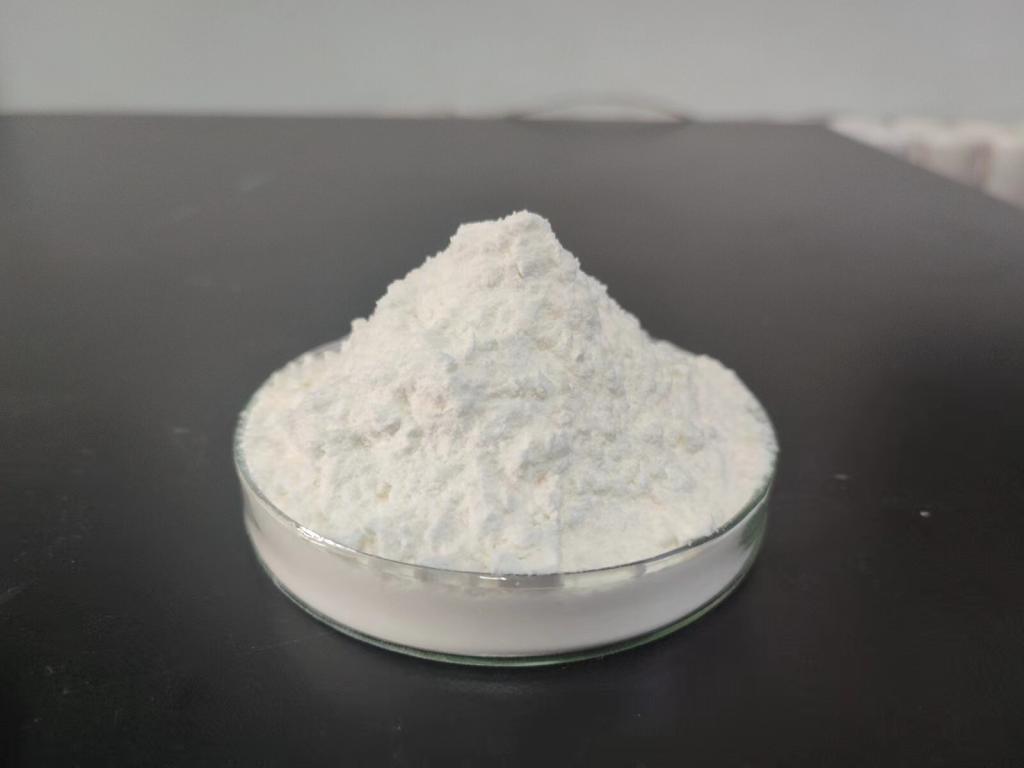Tel:+8618231198596

News
 CONTACT
CONTACT
 CONTACT
CONTACT
- Linkman:Linda Yao
- Tel: +8618231198596
- Email:linda.yao@dcpharma.cn
- Linkman:CHARLES.WANG
- Department:Overseas
- Tel: 0086 0311-85537378 0086 0311-85539701
News
Are there any religious related to the use of ε-Polylysine hydrochloride in food products?
TIME:2023-03-30
Kosher and Halal Certification
Kosher and halal dietary laws require that certain foods and food products be prepared and consumed in accordance with specific religious guidelines. These guidelines include restrictions on the use of certain ingredients and food additives. In order for a food product to be considered kosher or halal, it must be certified by a recognized kosher or halal certifying agency.
According to the Orthodox Union (OU), one of the largest kosher certifying agencies in the world, ε-Polylysine hydrochloride is considered kosher. It is derived from bacterial fermentation and is not considered a meat or dairy product, which makes it permissible for use in kosher food products.
Similarly, halal certifying agencies, such as the Islamic Food and Nutrition Council of America (IFANCA), have also approved ε-Polylysine hydrochloride as a halal food ingredient. IFANCA states that ε-Polylysine hydrochloride is permissible because it is derived from microbial fermentation and is not considered a meat product.
Vegetarian and Vegan Considerations
Vegetarian and vegan dietary lifestyles also restrict the use of certain food additives and ingredients. ε-Polylysine hydrochloride is derived from microbial fermentation and is therefore considered a vegetarian and vegan-friendly food additive.
Cultural Considerations
Food plays an important role in many cultural traditions and practices. The use of food additives such as ε-Polylysine hydrochloride may be considered incompatible with certain cultural practices. For example, some indigenous communities may have cultural restrictions on the use of synthetic additives in food products.
Concerns about Genetically Modified Organisms (GMOs)
There is also a growing concern among some religious and cultural communities about the use of genetically modified organisms (GMOs) in food products. While ε-Polylysine hydrochloride is derived from bacterial fermentation, which is not a GMO process, some communities may have concerns about the use of bacteria in food products.
Conclusion
In conclusion, the use of ε-Polylysine hydrochloride in food products is generally considered permissible from a religious and cultural perspective. Kosher and halal certifying agencies have approved its use, and it is also considered compatible with vegetarian and vegan lifestyles. However, some cultural practices may restrict the use of synthetic additives in food products, and there may be concerns about the use of bacteria in food products. As the use of food additives continues to evolve, it is important for food manufacturers to be aware of these considerations and to seek appropriate certifications and approvals for their products.
- Tel:+8618231198596
- Whatsapp:18231198596
- Chat With Skype







